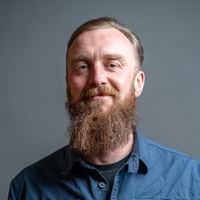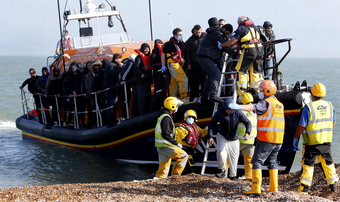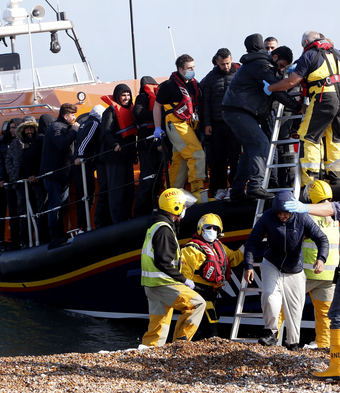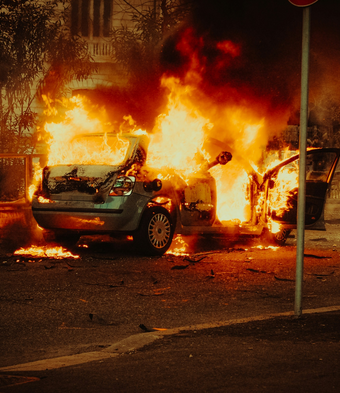Learning to be human

Being human is a wonderfully complex phenomenon. Developmentally fragile in our ante-natal stage and yet able to survive against many odds in our amniotic sacks, those of us granted the opportunity to enter this world in a post-natal state both make our mark and are marked by this world.
Early on being human is to learn to play and find joy and fulfilment with others in the environment that surrounds us. The people who are immediately responsible for us and the company we’re thrust into forge fundamental values and memories on our formation as humans. That nurture is philosophically contested should be held against both the impressive feats of some and the mental and physical incapacity of others. We are malleable, embodied souls.
Where we call ‘home’ and other locations of importance also leave an indelible mark. Our place of shelter, coasts, sunsets, rolling hills and bustling cities all shape our sense of normality. The environmental psychology of place and space has a greater bearing on us that many of us take a minute to consider.
If we survive to young adulthood, we are cut loose to make our mark on that which has already marked us. How do we go forward then to flourish? How can we really live and not simply go along with depressingly low expectations, usually beset with imposed obstacles? Behind such a question is the quest for identity. Without knowing who we are humans leaves us open to being blown around by the wind of ideas. Whereas having the liberty to explore all manner of lifestyles is deemed attractive in our society, having a deeply held identity is preferable. For without clear comprehension of who we are and should become life is entirely arbitrary.
Such identity can only be fomented at home and in community. And by community I mean voluntary groups around which there is commonality of meaning and purpose. Moreover, such community life is always at its best when found as part of a movement of benevolence. This, along with the culture of a home, is where identity is truly formed. Doing life together rather than in isolation is an important corrective to our inherent selfishness.
Good accounts of being human also espouse purpose and meaning beyond self-interest. Homo faber, human beings that make things, is thus very well put. The majority of our waking hours will (hopefully) be spent working. But what should we be working to on? What is work for? Without a strong sense of identity, having the skills to create can bring about diabolical ends. And with no goal in mind, to what end do we work at all? What is the point of earning a crust if it’s pointless in the end? Humans are not only makers anyway; we are beings fundamentally. Work does eventually cease.
To really live an enhanced human existence means knowing who we are. Only when humans discover that their great value as children and friends of God can they go on to invest themselves in working for the good of all. Our sense of self only comes to light in relation to Another. We cannot fabricate our sense of self without this loving God. To what end should such loved ones be active in the world? Only by living and working according to generations-long wisdom can humans find synergy with the Jesus to whom all reality belongs.
Working with tacit skill in accordance with community-formed code does meaning and fulfilment begin to emerge. The ends of such action can be both material and soul enriching. It is in the process of finding this path and so being found that humans will we one day come back from the dead.
Stuart Weir is National Director of CARE for Scotland






